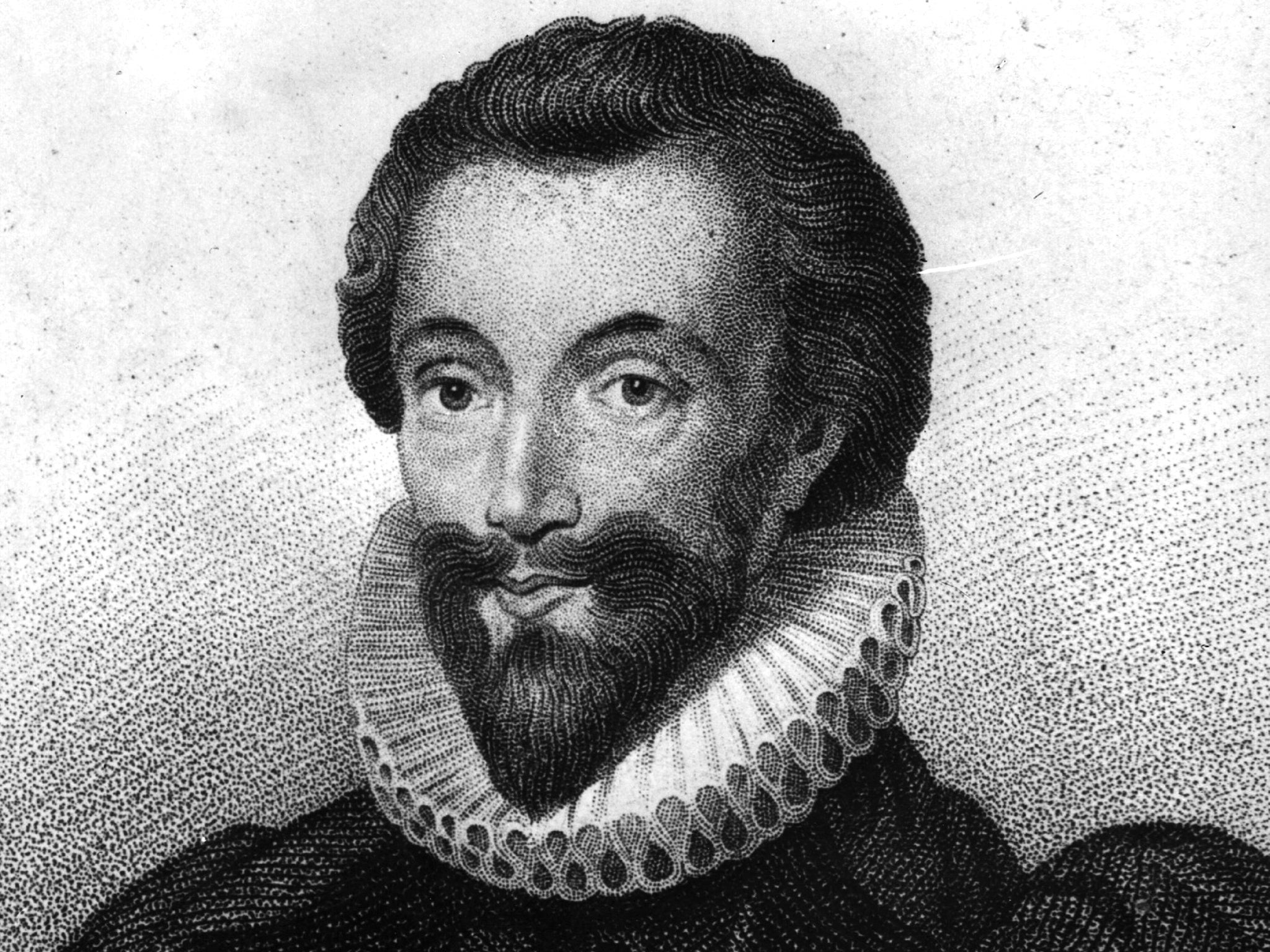Book of a lifetime: Poems by John Donne
John Stubbs on the great English poet’s rule-breaking verse

In 1633, a bookseller based in a churchyard on Fleet Street issued a long-awaited collection of poetry. At that time, St Dunstan’s was a hub of literary and legal chat, and given his fascination with the grave, an especially apt location for John Donne’s poems to appear. It was a collection, however, which Donne had refused to grant an eager public during his lifetime. Many poems he deemed too scandalous; others seemingly too personal. He had died in 1631, aged 59, a poet of vehement love and troubled faith. The poems are no less astonishing now than they were then. They take on many voices and pose insoluble problems to the heart and mind alike. There is no finishing them. Whether presenting a flea to a resistant mistress or berating Death, they “spring from the thought of the moment”, as one particularly fine editor put it; yet they are also deeply thought-out, schematic, set like traps.
As verse, these poems broke all the rules. Donne’s poetry does not fall neatly into its lines, couplets, stanzas. It comes, rather, in astounding spontaneous sprawls, which then assume patterns of fabulous consistency. In the 1630s no less than the 1930s, he was admired for his “difficulty” – his mastery of paradox, the range of his learning, the sheer oddness of his diction – as much as his provocative directness. In the longer run, this gave him a rough ride with the critics until the last hundred years. Even now he is prone to condemnation from theorists who miss his self-critical ironies. Donne himself was ambivalent about both popularity and posterity.
Early life made him cautious, as a Catholic born into Protestant suppression. After a scandalous marriage and a labour of decades to regain respectability, he ended his days as a churchman – and perhaps the most striking preacher of the time. As dean of St Paul’s, he became a well-known public figure in London, dark-featured, handsome, with a famous charm and sensitivity of manner. A needle-like statue of white marble in St Paul’s commemorates him as a man of God, awaiting judgement in his shroud. This was how he wished to be remembered, as “Dr” Donne the priest, not “Jack” Donne the gallant. Yet what truly makes his Poems the book of a lifetime – a book for a lifetime – is the way it explores and contains such extremes and contradictions.
He loved variety, and his poetry reflects that. It is violent and tender, morbid yet frantically alive, carnal yet ghostly. Donne remonstrated against death, yet fantasised about burial. His world is hopelessly fragmented, yet everything in it is connected. His themes are lifelong loves as much as one-night stands, fidelity and friendship as much as conquest and betrayal. If, as WB Yeats once said, poets offer their lives as experiments in living, then Donne’s poems present one of the most thoroughgoing ever conducted; disproving all theories he tests, and usually casting doubt on his own findings. Four hundred years on, he still reads our minds.
Join our commenting forum
Join thought-provoking conversations, follow other Independent readers and see their replies
Comments